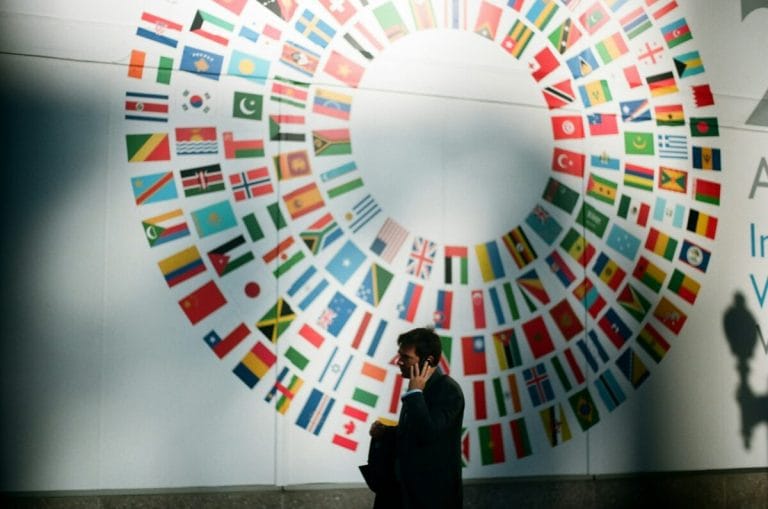🎧 Listen to This Article
AU conference seeks unified strategy to restore debt sustainability as continent faces rising fiscal pressure.
As sovereign debt pressures mount across the African continent, Lomé, the capital of Togo, is preparing to host a high-stakes African Union (AU) conference from 12–14 May 2025 to address the continent’s deepening debt crisis. Under the leadership of the President of the Council and with full backing from Togo’s government, preparations are underway to ensure the summit becomes a pivotal moment in Africa’s fiscal policy history.
The financial conditions. Although the average debt-to-GDP ratio is projected to ease to around 60% in 2025, a recent joint Debt Sustainability Framework (DSF) by the IMF and World Bank reveals a sobering trend: the number of African countries either in debt distress or at high risk of it has nearly tripled from 9 in 2012 to 25 in 2024.
Fiscal Strain Escalates Across the Continent
The spiraling cost of debt service has begun to crowd out vital development spending, straining national budgets and limiting investment in health, education, and infrastructure. Analysts note that while some debt relief measures were extended during the pandemic, the expiry of moratoriums and a shift to market-based financing have worsened vulnerabilities.
“Debt sustainability is no longer a theoretical exercise. It’s now a political imperative,” said an AU official involved in the conference planning. “This is Africa’s opportunity to speak with one voice.”
Lomé Steps into the Spotlight
Security and logistical teams in Lomé are working around the clock to finalize arrangements before Monday’s kickoff. Police patrols and enhanced security measures have been deployed around the main conference venue, where heads of state, finance ministers, and multilateral institutions are expected.
The conference is being co-organized by Togo’s Ministry of Economic Development, Tourism, Trade, Industry and Mining (DCTIM) and the broader AU Commission. The aim is to provide a platform for AU member states to engage in constructive discussions, share national experiences, and chart a roadmap toward a coordinated African position on public debt.
Beyond technical debates, the forum is expected to result in policy recommendations addressing debt transparency, access to concessional financing, and the role of credit rating agencies in shaping Africa’s risk profile.
Toward a Unified Debt Strategy
Observers view the Lomé conference as more than a technical workshop; it is a diplomatic signal that Africa seeks debt relief and rethinks how global financial architecture engages with the continent. A key outcome could be launching an AU-led framework to coordinate debt data, enhance negotiations with creditors, and lobby for reforms in multilateral lending standards.
The stakes are high, with at least 25 countries now navigating high debt risk. If successful, Lomé could mark the beginning of a more assertive and cooperative African approach to global finance.
For further details, clarification, contributions, or any concerns regarding this article, please get in touch with us at editorial@tax.news. We value your feedback and are committed to providing accurate and timely information. Please note that our privacy policy will handle all inquiries.



